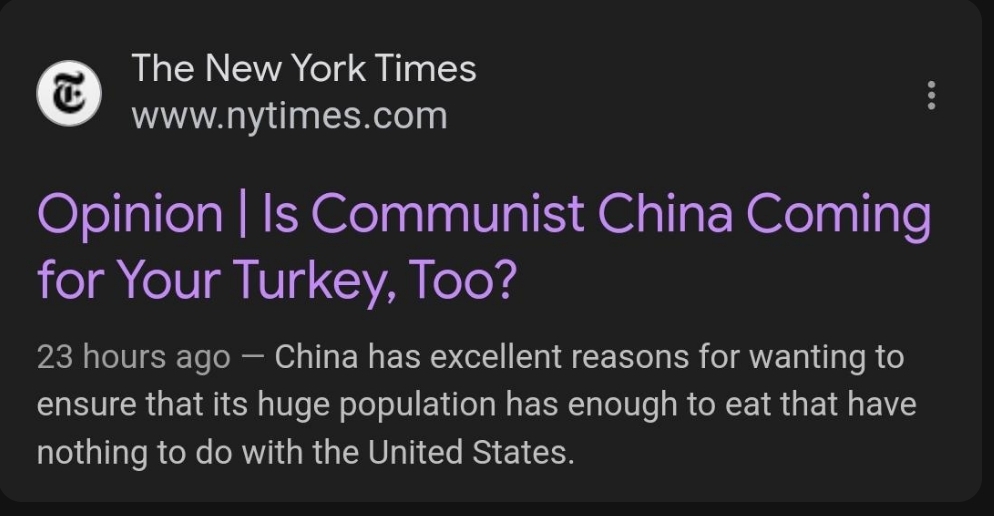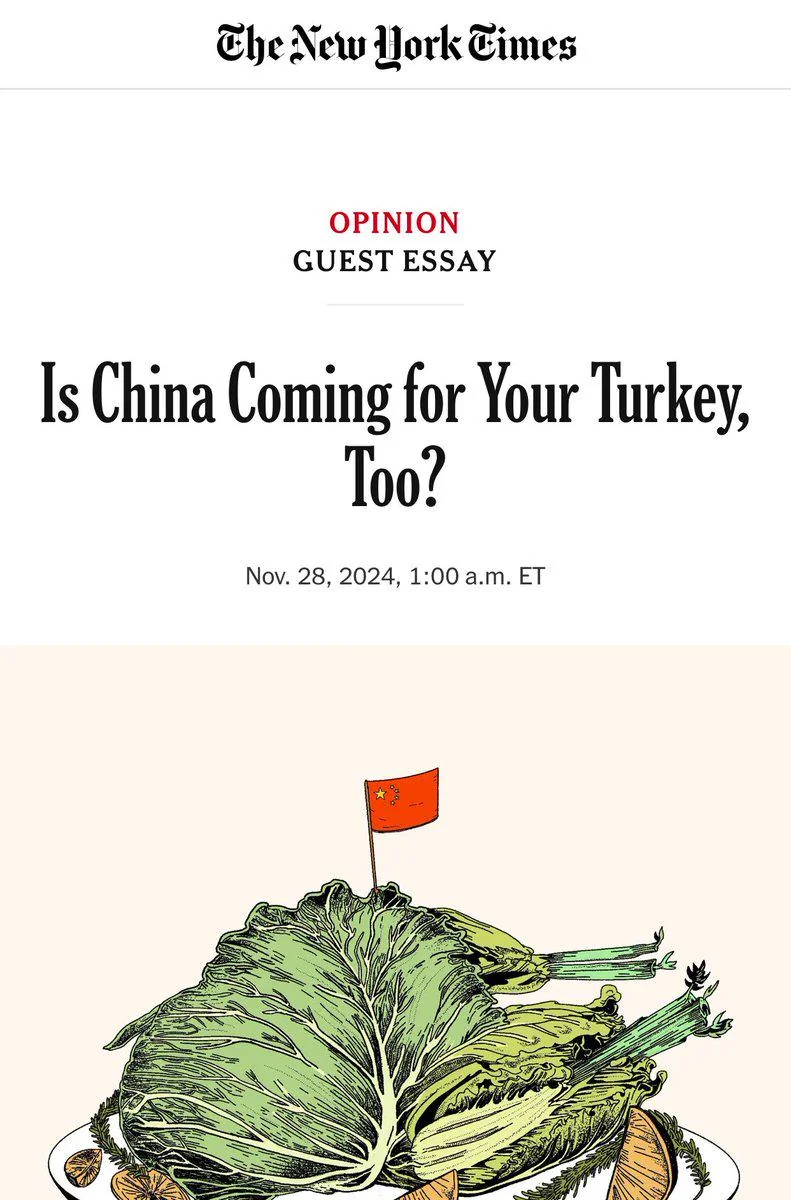Or: "Timekeeping is a fuck and this shit is convoluted"
Preface: There are 3 types of calendars. Solar (like the Gregorian calendar), Lunar (like the Islamic calendar) and Lunisolar (like the Hebrew calendar).
"The Korean lunisolar calendar, like most other East Asian calendars such as those of Japan, Mongolia, Vietnam, among others, are all derived from historical variants of Chinese ones such as the Shixian calendar of the Ming dynasty."
I'm not a die hard about calling it "Chinese New Year" despite TET in Vietnam and Seollal in Korea both being derived from the Chinese calendar, among others. They have adapted their own customs and traditions to it. Calling the celebration "Chinese New Year" is not the most accurate. I am of a mind to call it what matters to you, you don't have to translate it. Ramadan is Ramadan, no need to translate it to "Scorching Heat", Hanukkah is Hanukkah, no need to translate it to "Dedication".
However, to call it "Lunar New Year" implies it's the definitive lunar calendar, which erases other civilizations' timekeeping traditions. There are multiple lunar calendars with their own lunar new years such as Ugadi in India, Hijri in Muslim countries and the Tamil calendar as well.
Not to mention the Chinese calendar is actually lunisolar and not solely lunar, incorporating both solar and lunar timekeeping, so "Lunar New Year" is half accurate at best. Switching to calling it "Lunisolar New Year" also runs into similar issues, the Thai calendar is lunisolar (but Songkran/Thai New Year is in April) as is the Hebrew calendar (Rosh Hashanah/Hebrew New Year is in Sept-Oct)
In China, using {农历|nónglì}/agricultural calendar (due to its historical significance in relation to farming) or {旧历|jiùlì}/old calendar to refer to the Chinese calendar are the most accurate whereas {阴历|yīnlì}/lunar calendar and {阳历|yánglì}/solar calendar being common vernacular despite being technically incorrect.
Just call it {春节|chūnjíe}/Spring Festival or {新年|xīnnián}/New Year, it's the most common terms ({元旦|yuándàn} is the most common way of referring to the Gregorian new year in China itself.) It really doesn't matter that much to us. The term "Chinese New Year" is rarely used in China and was probably a term used by Chinese immigrants for the benefit of Westerners.
Tl;Dr "Lunar New Year" is well meaning but incorrect, erases other lunar calenders and recently has been used maliciously.











Yeah look, the method or type of expansion the Slavs did isn't the important part, plus the territory wasn't some Terra Nullius that Polesian Slavs wandered into and then peacefully built cities upon. I got the sparknotes abridged version of the history, but I was mainly using it to make a point.
The point I was making for the OOP who said "God put us Ukrainians where we are to hold back Russian imperialism like XYZ in the Bible and prevent Moscow from bringing darkness to the world" which implies the Abrahamic God directly creates nation states. Then the next logical question would be "well how did Russia get there?" The aforementioned God made Kiev expand to the White Sea in Finland to the north and modern day Russia to the east so one day, as part of its divine plan, the descendants of Kiev would be able to oppose Russia, who are different descendants of the Kievan Rus?
Which specific group of people that was displaced/assimilated isn't the crux of my argument. I don't know the name of the people who are descendants of the Scythians, I was picking away at a delusion of a divine destiny.